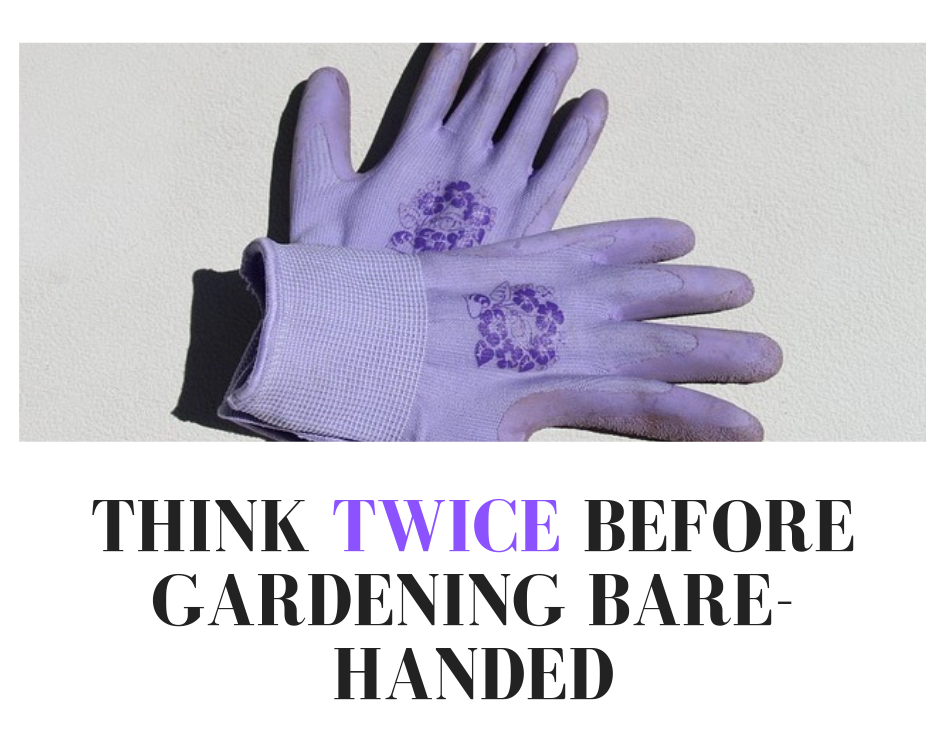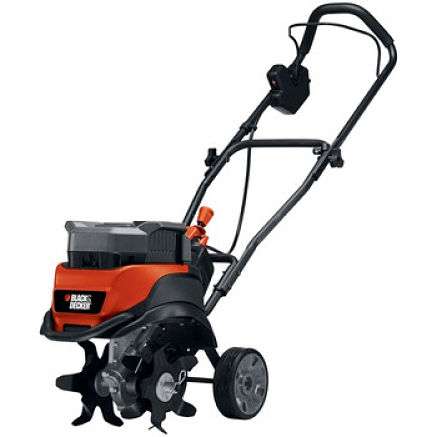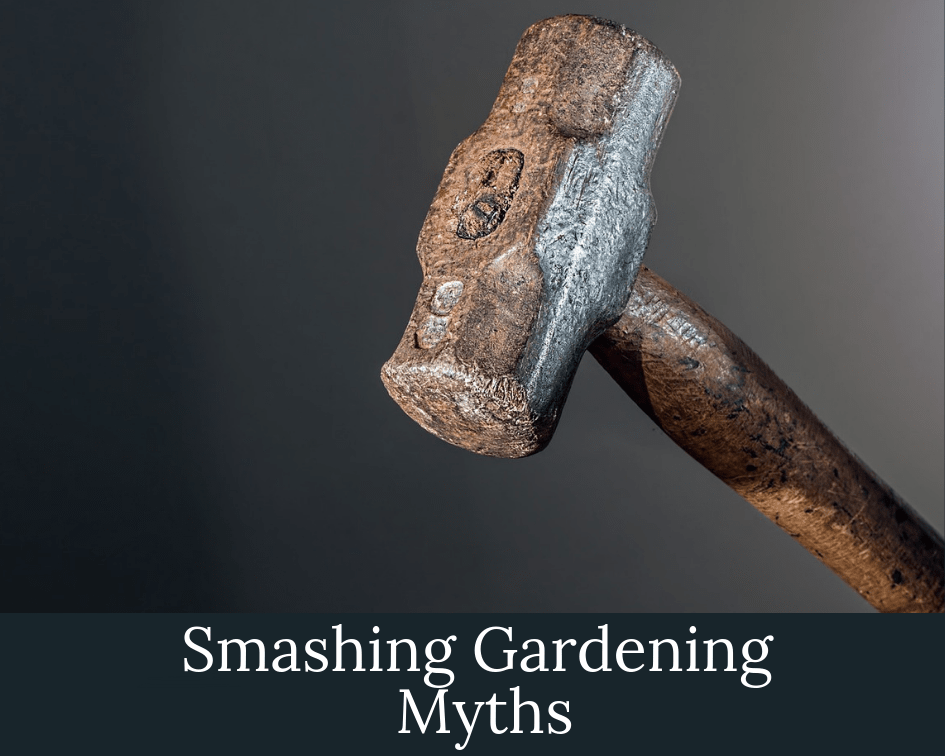This post may contain affiliate links. As an Amazon Associate we earn from qualifying purchases.
I belong to several Facebook gardening groups and occasionally, the topic is gardening gloves. Folks want to know which are the best for certain jobs, best overall and, naturally, the cheapest ones that won’t get holy after their first use.
Invariably, someone chimes in (often more than one person) saying they don’t wear gloves. They like to “feel the soil” in their hands.
I shudder when I read that. If you follow this blog you know why. I came down with a nasty case of sporotrichosis years ago and almost lost my hand.
But, rose gardener’s disease, as it’s known commonly, isn’t the only nastiness we can get from the soil in our gardens.
Especially if you have cuts on your hands, I urge you to always wear garden gloves and, if you grow roses, that you wear the most puncture-proof gloves you can afford.
Let’s take a look at some of the bad stuff that lurks in our garden soil.
Legionellosis
Remember when Legionnaires’ disease dominated the headlines? Caused by a bacterium called legionella, Legionnaires’ disease is a particularly nasty form of pneumonia.
It’s not contagious. In fact, the typical mode of transmission is by inhaling the bacteria. There is, however, a species of legionella (L. longbeachae) that is associated with potting soil and compost. Now, this comes from older studies conducted in Australia and Japan.
The CDC reports, however, that “transmission from potting soil has occurred” in the U.S., at least where they had active surveillance (California, Washington and Oregon).
For example, “Legionella longbeachae from potting mix accounts for approximately half of reported cases of Legionnaires’ disease,” according to the CDC.
They recommend that potting mix and compost be handled with gloved hands (put on those gardening gloves!) and they also suggest wearing a dust mask.
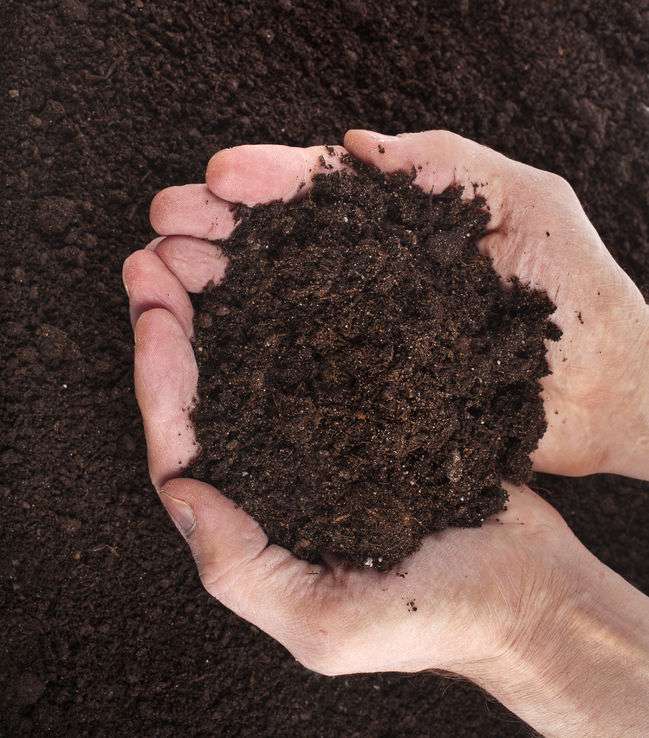
Sepsis
All that poop we use in our gardens is great for our plants but may be harmful to gardeners. According to Mark Blaskovich, senior research officer at the University of Queensland, “Bacteria such as Escherichia coli, Salmonella, Campylobacter jejuni, and Listeria monocytogenes are often present in gardens as a result of using cow, horse, chicken or other animal manure.”
Become infected by one of these nasties and it can lead to sepsis, a blood infection that can cause organ failure and, sadly, death.
“A high-profile case recently occurred in England, where a 43-year-old solicitor and mother of two died five days after scratching her hand while gardening,” Blaskovich reports.
Again, the use of gloves can go a long way in avoiding this disease.
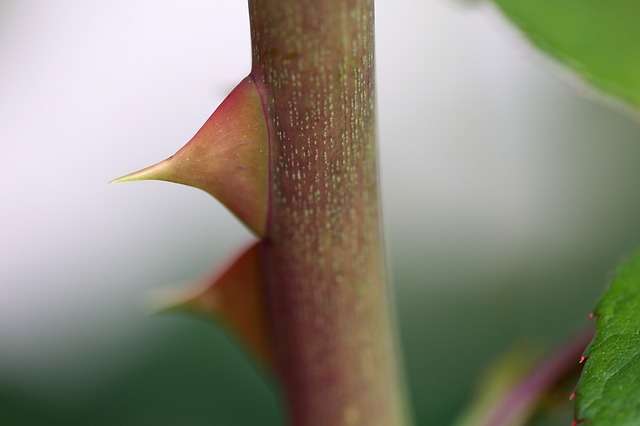
Sporotrichosis
I mentioned “rose gardener’s disease” earlier. It’s caused by a fungus that thrives in plant matter, such as sphagnum moss, hay, roses and also in soil.
Most rose gardener infections are caused by thorn punctures, but the CDC says that inhalation can also play a part.
The infection starts with a bump that can wait up to 12 weeks to appear. It grows larger and may “develop into an open sore,” according to Blaskovich.
Sporotrichosis can lead to lung, joint and central nervous system infections, especially with gardeners who suffer from diabetes or “other disorders of the immune system,” according to the experts at the New York State Department of Health.
None of the above is meant to frighten you. Go ahead and garden to your heart’s content, but do so safely. ALWAYS use a wound dressing to cover even small cuts, scrapes or other lesions on your hands and arms and ALWAYS wear gloves when working in the garden.
Add a long-sleeved shirt and puncture-proof gloves to the menu when you’re working with roses and other thorny plants.
You’ll find our favorite pair of rose-gardening gloves in the Resources section.
